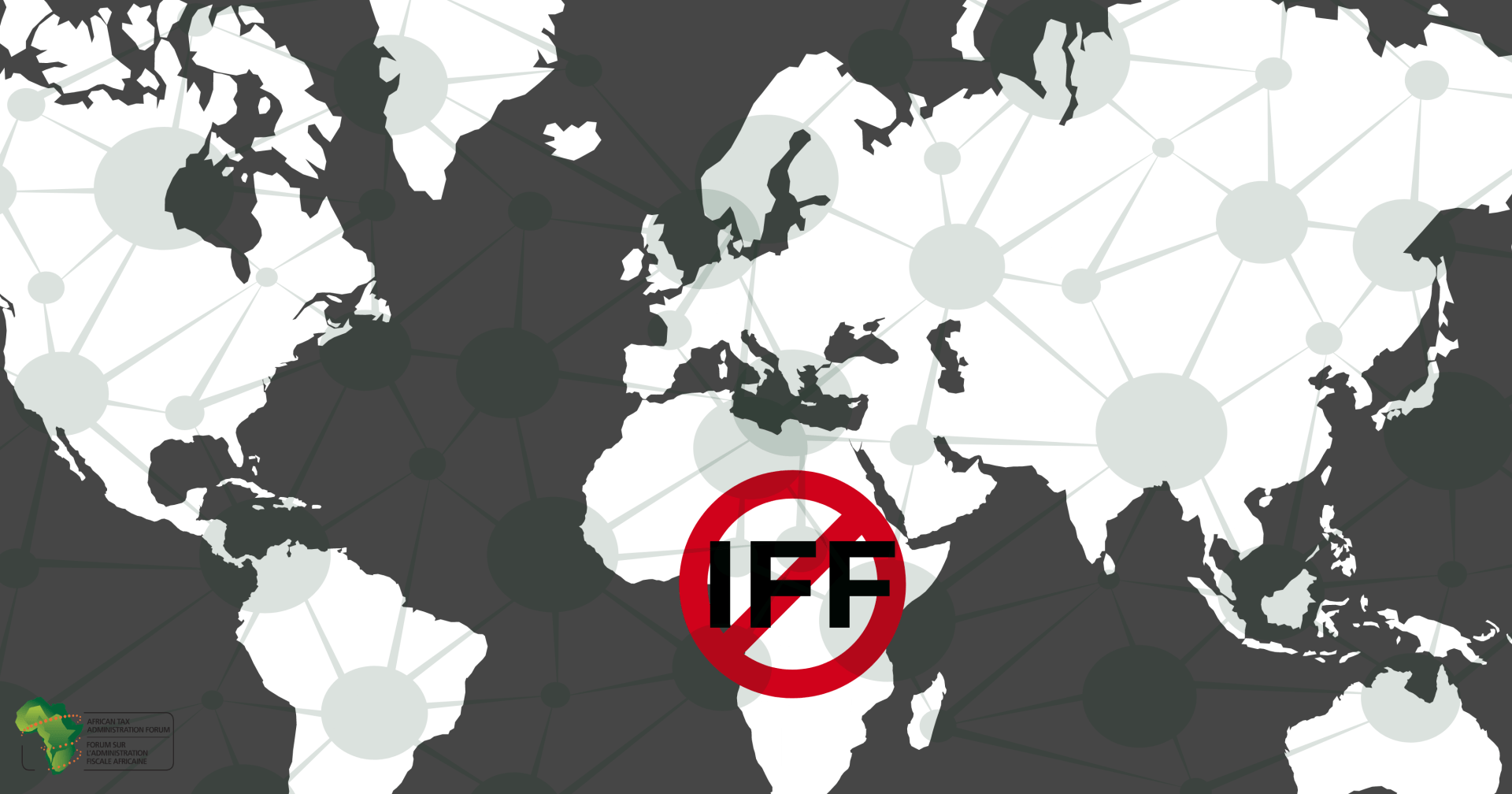ATAF-OECD-UNECA-IDEP host virtual workshop on combatting illicit financial flows
June 4, 2020

04/06/2020 - Over the last three days, 125 participants from 18 Africa member states (Angola, Burkina Faso, Eswatini, Ghana, Kenya, Liberia, Malawi, Mauritius, Morocco, Nigeria, Rwanda, South Africa, Tanzania, Togo, Tunisia, Uganda, Zambia, Zimbabwe) took part in the joint ATAF-OECD-UNECA-IDEP 3-day online workshop dedicated to combatting illicit financial flows (IFFs).
Every year, huge sums of money are transferred out of developing countries both legally as well as illicitly. Although the scale of IFFs continues to be debated, there is a consensus that their value outstrips that of official development assistance (ODA) and foreign direct investment (FDI). SDG 16.4 commits countries to reduce IFFs. There has been significant progress in developing new tools and approaches to address some components of IFFs, but challenges remain in their implementation.
This workshop has focused on the expansion of exchange of information, transfer pricing & trade- mis-invoicing and inter-agency cooperation and coordination. The Mbeki report
has drawn attention to IFFs issues affecting the African continent. Against this background, the UN SDGs and Africa’s Agenda 2063, have highlighted reducing IFFs as a key goal in furthering domestic resource mobilisation and advancing sustainable development.
This workshop was introduced by Professor Annet Oguttu from the University of Pretoria, South Africa, member of the UN High Level Panel on Financial Accountability, Transparency and Integrity (FACTI) and board member of the African Tax Research Network - based at the ATAF. She delivered the keynote address
at this workshop. Professor Oguttu underscored "Africa's ownership in the anti-IFFs campaign, the global concern over IFFs, measures being implemented and those under discussion and the necessity to develop mechanisms and capacity in Africa to tackle IFFs".
As mentioned during the opening remarks, the Economic Commission for Africa (ECA) has shown that the impact on African economies could be the slowing of growth to 1.8 per cent in the best case scenario or a contraction of 2.6 per cent in the worst case. This has the potential to push 27 million people into extreme poverty. Addressing IFFs could support economic recovery and fight poverty.
The participants were trained through virtual interactive training sessions, case studies and related OECD e-learning modules
prior to attending the class. The workshop surfaced a significant need for capacity building in African member States to support countries establish and implement mechanisms and measures for combatting IFFs. Therefore, ATAF, OECD, UNECA and IDEP are committed to supporting African countries to develop the necessary capacities to curb IFFs, and will continue carrying out training and other capacity building activities.
More information:
ATAF www.ataftax.org
IDEP www.uneca.org/idep/
OECD www.oecd.org/tax
UNECA www.uneca.org










